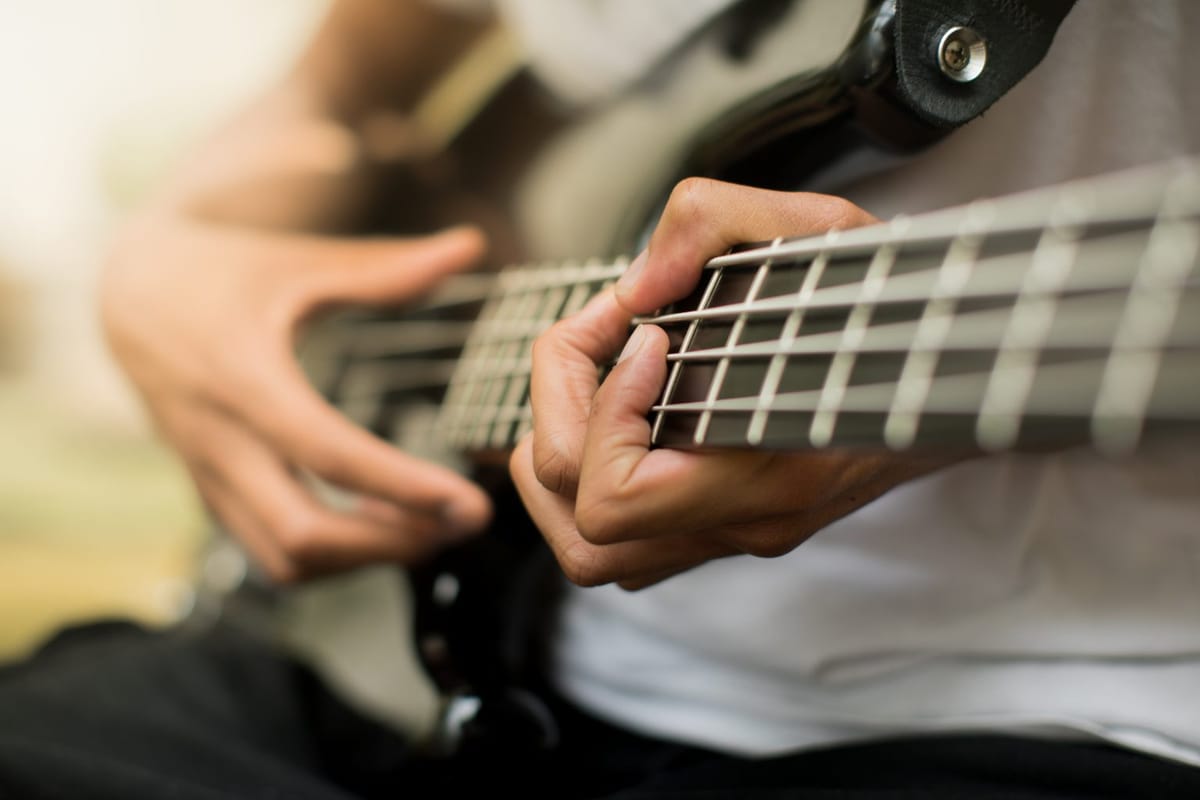Laying the Foundation: The Essential Role of the Bass Guitar in Music

The Unsung Hero: Importance of the Bass Guitar
Looking at the musical canvas, which captivates listeners worldwide, makes one wonder about the role of the bass guitar in performance. This instrument, which is often under appreciated and greatly misunderstood, forms the foundation of rhythm and melody in many different genres. When played, its strings produce powerful rhythms that highlight other instruments.
Harmonic Convergence and Rhythmic Support
When it comes to the world of harmony creation, no other electric instrument can be considered a giant like the bass guitar. It fills in the empty space between the rhythm of the percussion and melody lead, creating a sound that cements itself into the very essence of music. This synchronization does not only involve keeping time but adds depth and breadth to songs.
Genre Fluidity: Jazz to Metal
When you venture into the world of music, you’ll discover just how versatile a bass guitar can be. In jazz, its strings sing with improvisational freedom, guiding the flow of complex harmonies. Funk utilises it to control groovy lines that beg you to dance, while rock interprets it as the inspiration for forceful riffs in rock music. Its versatility, which makes it applicable to nearly every genre, will only serve to highlight how important it is.
Behind the Scenes: Technical Mastery
It is common to underestimate the amount of technicality involved in bass guitar playing. The precise technique of timing, note selection, and dynamic control must be taught to players. Because of their ability, they can influence the auditory environment for other band members, which implies that their contribution to the music-making process goes beyond simple support.
The Emotional Resonance
In addition to its technical and harmonic abilities, the bass guitar is an emotive instrument that transforms vibrations into emotions that pierce listeners deeply. Its distinctive timbre supports the story in the music by evoking feelings of suspense, melancholy, or anticipation. The bass lines are unforgettable to listen to because of this emotional conduit.
Musical Innovators
Throughout history, there have been many bassists who broke the glass ceiling of what a bass guitar can do. Their musical inventions have made the bass guitar not just a part of the background but an instrument that plays leading roles in many cases. This only proves that it is capable of amazing and inspiring things. These pioneers have not only defined genres but also inspired generations of musicians to explore the vast possibilities of the bass guitar.
The Art of Listening
Good taste in music is necessary when listening to bass guitar. Its contributions are frequently felt rather than clearly heard, and their subtlety provides a powerful but restrained subliminal influence. Because bass sounds have so many textures, there is a world of music that has been unavailable to listeners who aren’t attuned to these deeper tones.
Conclusion: Musical Expression
The foundational nature of the bass guitar in music cannot be overemphasized. It is the glue that binds harmony and rhythm together, providing a solid foundation upon which the framework of musical expression can be built.
While we navigate through different genres and periods, bass guitar is a recurring theme which demonstrates how universal its popularity is and the extent to which it has contributed to the development of music.
While less in number, its strings reflect the multitude of emotions and narratives that music aims to establish, reminding us that in the realm of sound it is sometimes surprising where the greatest messages can be found.






